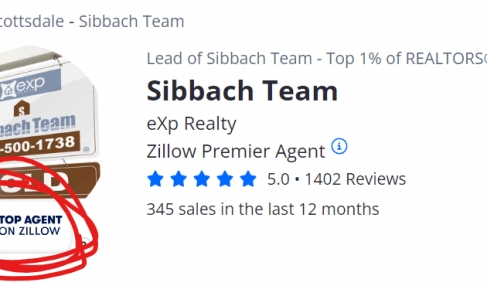
In the fast-paced realm of real estate, setting Specific, Measurable, Achievable, Relevant, and Time-bound (SMART) goals is not just beneficial; it’s essential for sustained success. That’s why I’m excited to share with you a comprehensive guide – 10 Steps for Goal Planning in Real Estate – tailored to elevate your career to new heights.
1 YEAR, 3 YEAR & 5 YEAR PLANS
Why is it important to not always focus on just one time frame? The real estate industry is ever-changing, and having a multi-year perspective – 1 year, 3 years, and 5 years – helps you navigate both short-term challenges and long-term trends. One-year goals keep you agile, responding to market fluctuations and immediate opportunities. Meanwhile, three and five-year goals provide the strategic foundation necessary for sustainable growth and enduring success.
1. Define Clear Objectives
- 1 Year Plan: Set achievable, specific goals for the immediate future. This could include targets like the number of houses to sell, GCI goals, or expanding the client base in your CRM. The key is writing out your strengths and your weaknesses to help you define the tasks and routines you are going to change. Will this be the year you are no longer a Solopreneur?
- 3 Year Plan: Focus on growth and development. Consider goals like expanding your team, entering new markets, advanced training, or investing in new marketing like a real estate farm.
- 5 Year Plan: Long-term objectives might involve establishing a strong brand presence, diversifying services, or even starting a real estate firm.
2. Develop Strategies
- 1 Year Plan: Short-term strategies might include networking, enhancing online presence, or improving sales tactics.
- 3 Year Plan: Develop strategies for sustainable growth, such as partnerships, advanced marketing techniques, or diversifying property listings.
- 5 Year Plan: Plan for scalability, technological advancements, and comprehensive market dominance.
3. Market Analysis
- Understand the current and future real estate market trends.
- Identify target audiences and their preferences.
- Analyze competitors and their strategies.
4. Training and Skills Development
- Identify skills that need development to achieve these goals.
- Plan for ongoing training and education.
5. Financial Planning
- Budgeting for marketing, training, and other business costs.
- Revenue projections and financial goals for each time period.
6. Leverage Technology
- Embrace new technologies and tools that can enhance productivity and client engagement.
- Plan for the integration of tech advancements in the coming years.
7. Networking and Relationships
- Focus on building strong relationships with clients, other realtors, and industry professionals.
- Utilize these networks for referrals and market insights.
8. Personal Development
- Set personal goals that align with your professional aspirations.
- Promote a balance between work and personal life.
9. Action Plans
- Create a detailed 1 year, 2 year, and 5 year action plan for each goal.
- Include timelines, milestones, and responsibilities.
10. Monitor and Review
- Regularly review goals and progress.
- Be flexible to adapt plans based on market changes or new opportunities.
Embark on this goal-planning journey with an open mind and a commitment to your own success. Navigate the real estate landscape strategically with the Sibbach Team, setting the course for a future that surpasses even your loftiest aspirations!




